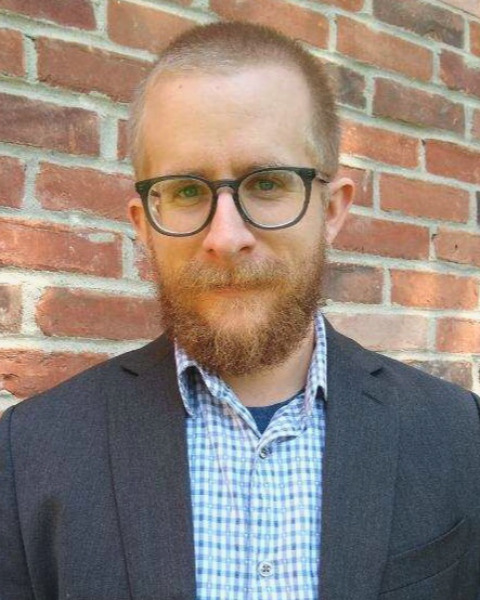Social Research, Policy, and Practice
Longitudinal Changes in Well-Being Associated With Aging Attitude, Cognitive Status, and Widowhood Transition
-
LL
Lydia Li, PhD, MSW (she/her/hers)
Professor
Social Work
University of Michigan
Ann Arbor, Michigan, United States -
RH
Rita Hu, MSW (she/her/hers)
Doctoral Candidate
School of Social Work, Department of Psychology
University of Michigan
Ann Arbor, Michigan, United States -
.jpg)
Ji Hyun Lee, PhD (she/her/hers)
Assistant Professor
Psychology
Montana State University
Bozeman, Montana, United States -

Jay Kayser, MSW, LCSW (he/him/his)
PhD Candidate
Social Work & Psychology
University of Michigan
Ann Arbor, Michigan, United States -
LL
Lydia Li, PhD, MSW (she/her/hers)
Professor
Social Work
University of Michigan
Ann Arbor, Michigan, United States
Chair(s)
Individual Symposium Abstract First Author(s)
This symposium brings together four studies that employ national data collected from older Americans to examine longitudinal changes in older adults’ cognitive, social, and psychological health. The first study focuses on the role of self-perception of aging in memory decline and social mechanisms linking aging perception and memory. It found that negative perceptions of aging predicted memory decline 8 years later and that loneliness and social isolation were pathways. The second study is concerned with neuropsychological changes before the onset of dementia. Using latent growth modeling, it found that the trajectory of depression increased over time in a quadratic fashion before the onset of incident dementia. Further, there were racial/ethnic group differences in levels of depression. Using fixed-effect linear regression, the third study reports that changes in cognitive status were associated with changes in social isolation in older adults. Specifically, it found that transitioning from cognitive intact to cognitive impairment status was associated with increased social isolation. The fourth and final paper examines changes in psychological well-being related to the transition to widowhood. It found that during the year right after the spouse died, older adults experienced increased depressive symptoms and reduced positive well-being. But adaptation is evident—the surviving spouse returned to pre-loss levels of psychological well-being around two years after the death. Together, the four studies show that attitude, cognitive status, and life course transition shape the dynamics of cognitive, social, and psychological health in later life.
Learning Objectives:
- Understand how perceptions of aging affect changes in cognitive function in later life.
- Describe the trajectory of depression before the onset of incident dementia.
- Describe changes in social and psychological well-being associated with transitions to cognitive impairment and widowhood.
Presentations:
-
3:30 PM - 5:00 PM ETEffects of Self-Perceptions of Aging on Cognitive Health: Mediating Role of Social Isolation and Loneliness
Individual Symposium Abstract First Author: Rita X. Hu, MSW (she/her/hers) – University of Michigan
-
3:30 PM - 5:00 PM ETTrajectories of Depressive Symptoms Before the Onset of Dementia: Examining Racial/Ethnic Disparities
Individual Symposium Abstract First Author: Ji Hyun Lee, PhD (she/her/hers) – Montana State University
-
3:30 PM - 5:00 PM ETThe Impact of Changes in Cognitive Functioning on Social Isolation
Individual Symposium Abstract First Author: Jay R. Kayser, MSW, LCSW (he/him/his) – University of Michigan
-
3:30 PM - 5:00 PM ETDynamics of Psychological Well-Being Across the Transition to Widowhood
Individual Symposium Abstract First Author: Lydia Li, PhD, MSW (she/her/hers) – University of Michigan
